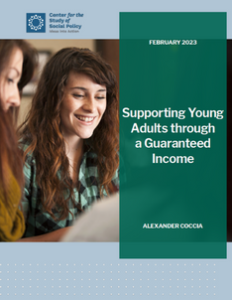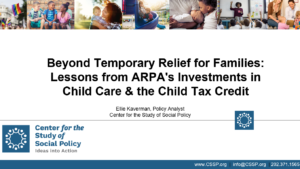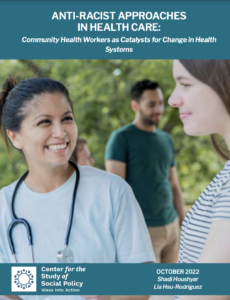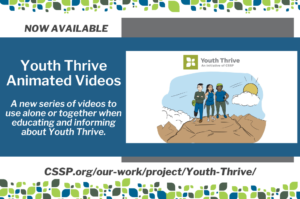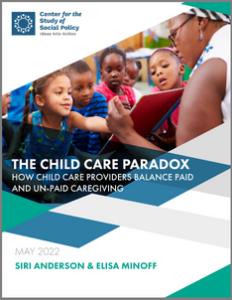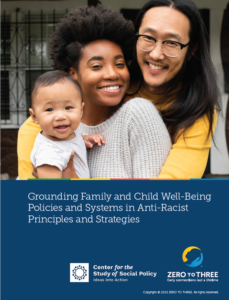A prosperous society depends on ensuring that all young people can pursue their goals and thrive, and so it is crucial to invest in this moment both to make sure young people have what they need to thrive and to support their contributions to the lives of their families and communities. However, many young adults—whose earnings are typically low in this period—have trouble meeting basic needs and face systemic barriers and discrimination that exclude them from crucial resources and supports. This report presents the case for a guaranteed income to support young adults.
